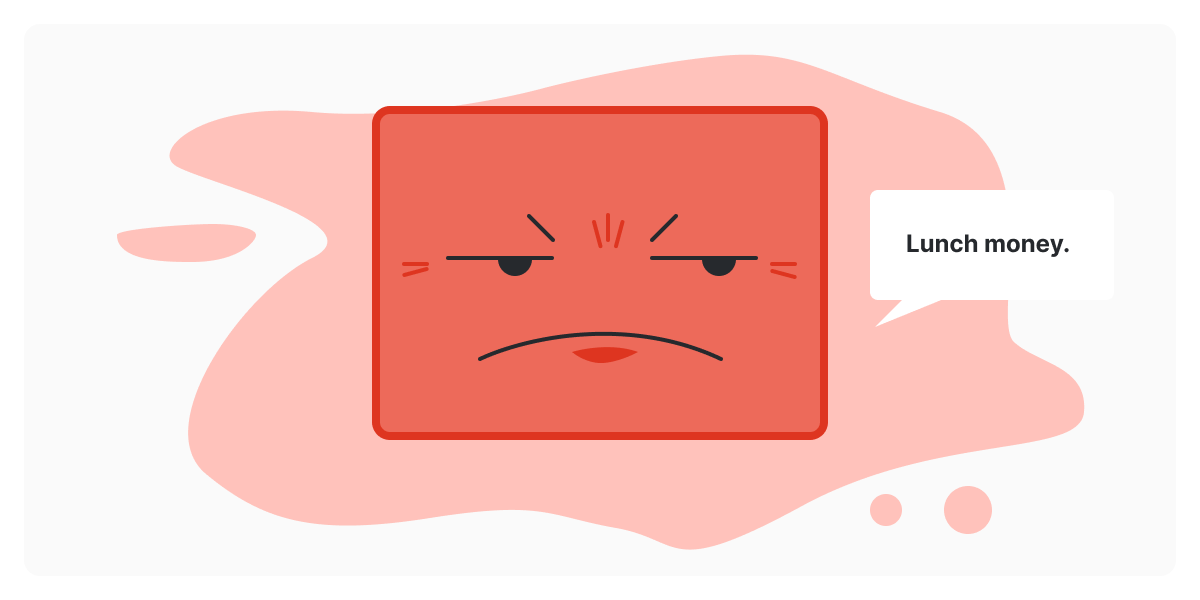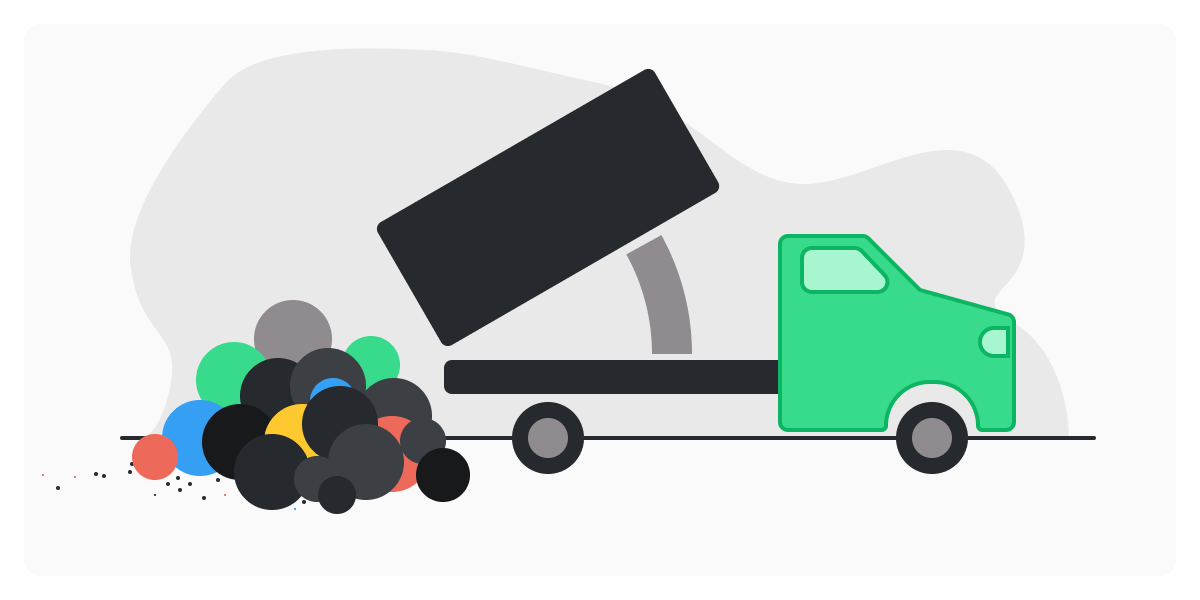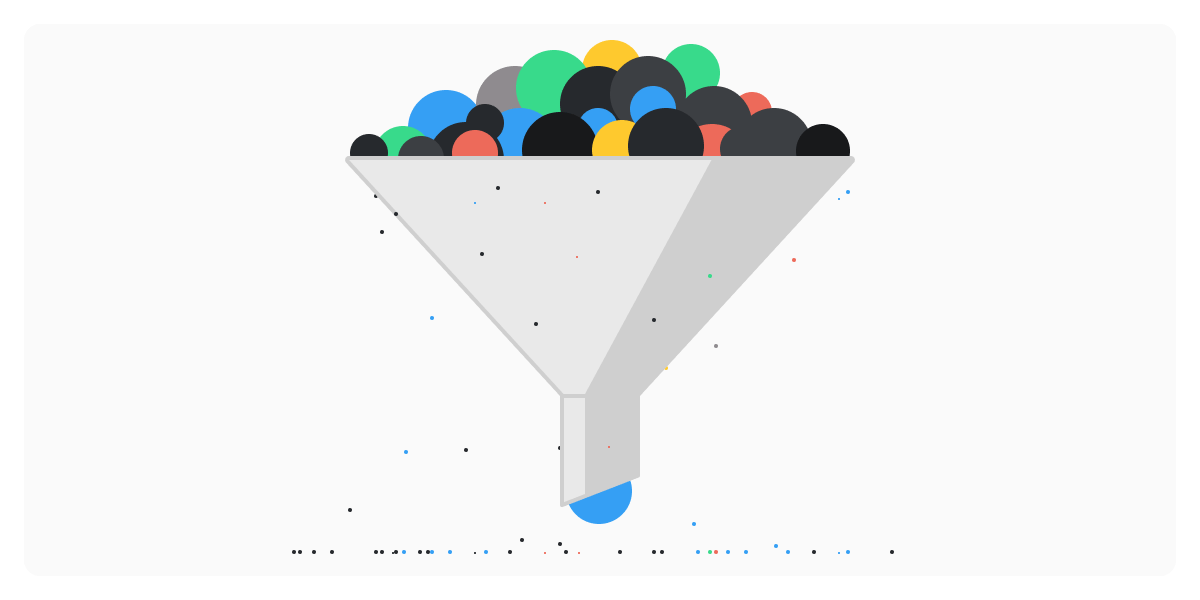Questions You Should Ask a Marketing Agency
Whether you’re looking for an agency partner who can be a trusted strategic resource or just need some extra help executing specific tasks, the marketing agency you hire can have a noticeable impact on your team and results.
Getting it wrong means time lost, resources misspent, frustrations high, and results delayed. Getting it right means you will have an invaluable addition to your team that can take you places you would never get to alone.
There are many genuinely fantastic agencies out there, but it’s hard to tell who they are without talking to a few and doing serious due diligence. Reputation alone can’t be the only factor when finding the right partner for you. Many agencies are experts at promoting themselves but lack the actual expertise to back it up. The challenge is in knowing what to ask to determine if an agency really has its act together.
We’ve compiled a list of “bad” agency archetypes and questions you should ask to determine if the agency that’s pitching you fits into any of these profiles. Some agencies fit perfectly into one pattern. Others have elements of multiple profiles. Either way, these questions will be vital for understanding how a potential agency partner works and if they’ll be right for you.
The “Black Box” Agency

The Black Box Agency can’t (or won’t) tell you how they do anything or explain their processes in a way you can validate. They hope that your lack of experience or knowledge in a given area means that you won’t ask too many questions about how they create their deliverables.
What is your process for creating your deliverables?
What you learn: If the agency has a defined process for the deliverables you’ll be receiving. While the deliverable itself should be tailored to your specific project, it’s essential to understand how the agency takes what you give them and turns it into something useful.
Do you provide content briefs for each content recommendation that I can validate?
What you learn: If you’ll get clear, actionable briefs that help you execute content in an SEO-forward way.
Without content briefs, it’s challenging to ensure content creators are working with the bigger picture in mind. A content creation process that doesn’t include briefs is also inefficient. Expect to see many review and rewrite cycles before any content is ready to publish. Many agencies will say they offer several review cycles as part of your cost. Typically, this is because they know most clients will experience review fatigue and decline to exercise those options.
What technologies are used by your agency? If they’re built in-house, can I review it?
What you learn: The agency’s toolkit and how it will be used to service your account.
If the agency uses in-house technology, you want to understand how it fits into your tech stack (and theirs) plus the quality of output you can expect.
The “Can’t Play Nice” Agency

The “Can’t Play Nice” agency can’t (or won’t) work seamlessly with other vendors. This agency continually tries to push your other vendors out of the picture to get more of your budget. They refuse to compromise and let other vendors do their work, and they never refer you to someone else who might be better for a specific job.
Are you willing to work with my other vendors?
What you learn: If you can plug the agency into your existing workflows you have with other vendors.
One of the main reasons why you hire vendors is to make your job easier. That can’t happen if all of the moving parts aren’t working together. If they aren’t willing to get on calls and work well with your other vendors, you’ll spend more time managing personalities and passing work between vendors than you really want.
Can you refer me to someone for X?
What you learn: You learn a few things here. You’ll find out if the agency is self-aware enough to know what it’s best at and what it’s not. You’ll learn if they will find the best solutions, even if they don’t get that piece of your budget. A true “Can’t Play Nice” agency will say they can do almost anything you ask, even if they really can’t.
The Ego-Driven Agency

The “Ego-Driven” agency has big names and clients attached to it, but they force you to work with associates with two years’ experience. You never get any of their celebrity founders’ time or input.
What roles will be part of my client project team?
What you learn: What types of specialists, account managers, and writing resources you can expect to work with. This helps you understand how they will fill gaps on your in-house team and where there could be redundancies. It will also give you a sense of how involved the big names on the agency’s roster are with accounts.
Who will write the content? Can I pay for a writing sample from that resource?
What you learn: If you’ll be working with in-house writers or contracted freelancers. You will also understand their experience and expertise on your topics and industry.
A paid sample will give you insight into the quality of work you can expect on an ongoing basis. An unpaid sample will either be refused or too stripped down to judge the actual condition of work the writers will provide.
The Data Dumper Agency

The “Data Dumper” agency does audits and builds strategies that result in massive spreadsheets and decks with little to no actionable (or understandable) material. You are expected to simply wade through the data dump and find something to work on.
How will recommendations be delivered? Can I see a sample presentation?
What you learn: What can you expect from the deliverables the agency offers. Is it just a spreadsheet with a bunch of data? Is it a dump of dozens of recommendations? Or will you get tactical next steps that are realistic and doable with the resources/timeframe you have?
Why do you show the data you do?
What you learn: If the agency will show you data relevant to your projects and goals, or if you’ll get the same templated reports everyone else does.
You will also hear the explanation they give for the “why” behind their data. If they can’t convincingly explain why they include specific data points, it’s possible the reports will be bloated with less than useful information.
The Indiscriminate Agency

The “Indiscriminate” agency says yes to every potential client, no matter how bad the fit is. They claim to be full service, but probably only have a few areas they really shine.
How much research have you done on my business?
What you learn: The level of vetting they do to make sure you are the right fit.
Even if you haven’t done a formal kickoff or discovery with them, they should be able to come to the table with insights about your site and competitive space. At best, a failure to do so shows a lack of preparation. At worst, it could be a sign they are just following a script and making you do all of the work during the discovery phase.
Of course, you’ll have to do everything you can to ensure a vendor has all of the knowledge it needs. But they should be able to do considerable work on their own and come to the table with good questions and insights.
What sort of clientele do you serve?
What you learn: If the agency that’s pitching you has seen success with clients similar to you.
Some agencies have expertise in specific industries, which can be an asset if you need someone with in-depth knowledge of a particular vertical. Healthcare and law are just two fields that may require an agency that specializes in those areas. Other agencies focus on specific types of work, such as content writing, link building, technical SEO, etc.
Working with a generalist-type agency isn’t necessarily a bad thing. Determine what you need from this partner and ask for case studies that show what they’ve done for clients in your situation.
What is your agency’s specialty?
What you learn: If the agency is self-aware enough to know what its best at and what it’s not.
Some agencies offer a full suite of services, but most of the time, they have a few genuine specialties. You want to understand if what this agency is best suited for really lines up with what you need. An SEO agency with some content services might not be the best fit for you if you need to get content off the ground. Likewise, a content agency that claims SEO expertise should be vetted further to ensure their SEO chops are on equal footing.
The Set It and Forget It Agency

The “Set It and Forget It” agency will go through a kickoff process with you and then put you on autopilot. The only time they talk to you is when you are angry about something.
How often will I meet with my account team?
What you learn: If you will be meeting regularly to discuss projects and progress.
A good agency will be proactive about having regular meetings with you to talk about where everything stands. Progress on ongoing projects, notable results, blockers, and new projects are vital for you to stay up to date on. An agency that waits for you to reach out to them for everything is an agency that you’re going to spend a lot of time managing.
What kind of reporting will you provide?
What you learn: How often you’ll get progress updates and what those look like. You’ll find out if someone is taking the time to pull the relevant data and help you make sense of it. If the sum of what you’ll receive from them monthly is a report from a software platform with no details, that’s a bad sign. Additionally, if there are no regular progress updates, that should also ring some alarm bells.
At a minimum, an agency should want access to your Google Search Console and Google Analytics accounts. They should also be willing to give you advice on setting up your accounts to track goals.
The Overpromise-and-Underdeliver Agency

The “Overpromise-and-Underdeliver” agency claims they can guarantee rankings, traffic, leads, and eternal youth. They claim they have subject matter experts in your business’s industry, no matter how niche you are. When you don’t see results on the work they executed, they will find ways to shift blame.
Do you guarantee rankings?
What you learn: This is actually a trick question. SEO and content are not simple, and “first page” guarantees should be viewed with skepticism and caution.
How will projects be managed?
What you learn: If you will be able to predictably track the progress of deliverables. An agency might have solid hard skills, but if projects are going to slip through the cracks with little to no transparency, it’s impossible for the agency to live up to its promises.
Can I speak to a current client?
What you learn: If they have clients who will vouch for them and are confident enough in the results they deliver to let a client speak freely.
In the sales process, you’ll hear many promises, but as with all sales situations, you have to trust, but verify. Case studies are good, but hearing from a current client will give you better insight into the actual day-to-day process of working with the agency and the results they’ve seen.
The 2010 SEO Playbook Agency

The “2010 SEO Playbook” agency talks a mean game about keywords and link juice, but their practices have not evolved with the search landscape. They will provide guidance on your SEO and content that will not align with current search best practices.
How do you determine what content items to recommend?
What you learn: If they are thinking in terms of topics or keywords.
Anyone can pull keywords from a tool. What you want to understand is whether the agency can help you build authority and results on a topic, including the many user intents that comprise it.
What can you tell me about Google’s Quality Rater Guidelines?
What you learn: While the Quality Rater Guidelines don’t directly impact rankings, they are essential for understanding the general rules of engagement with Google’s algorithms. Any agency you work with on content and SEO should be intimately acquainted with the QRG.
Is there a limit to the number of keywords I can target or track?
What you learn: If the scope of their work has a keyword-based limit.
Some agencies tell you to only target and track terms over a specific search volume. This signifies that they don’t understand the value of covering a topic comprehensively, and are instead using volume as a North Star metric. Likewise, your alarm bells should be ringing if they advise you to only target long-tail keywords because head terms and high-volume topics are too competitive. That’s a clear indication they don’t understand how to build authority on a topic.
How do you determine how many content items to recommend that I create?
What you learn: How they think about content cadence as it relates to performance.
An answer like “It depends on your budget” is terrible. If their answer revolves around your goals, KPIs, and existing authority on a topic, they’re more likely to give you a cadence that maps to your timelines and desired outcomes.
How do you determine what internal and external links to recommend in content?
What you learn: The agency’s knowledge of how content works today.
Quality content published at a consistent cadence is a big part of success, but internal linking structure and content clusters are just as important. If they don’t mention linking as a critical part of their approach, it’s fair to assume they aren’t current on best practices. Their approach to external linking is equally revealing. Do they know why you should include external links in content and how to find the right ones? If not, this is a red flag.
Summary
Get it right the first time. Spend a little extra effort in the vetting process and make sure to ask the right questions. Partnering with the right agency can be a marriage made in heaven when it works. But when it doesn’t, it feels more like Dante’s Inferno.
